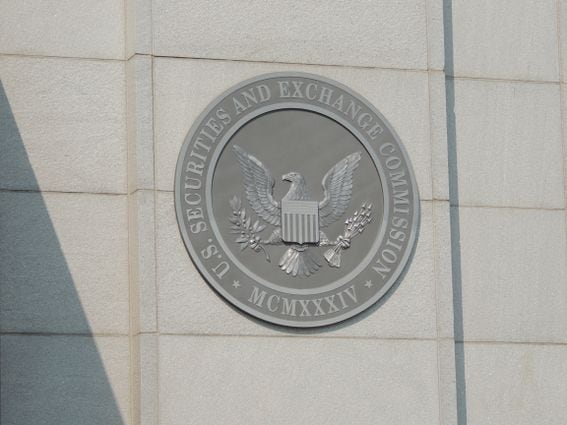Coinspeaker
HSBC and Standard Chartered Analysts: Tokenization Could Bridge Global Trade Finance Gaps
Analysts from major financial institutions have thrown their weight behind tokenization as they believe it will significantly help solve finance issues in global trade. According to stakeholders from Standard Chartered and HSBC, tokenization will make finance options more reachable for interested organizations.
Speaking in a recent interview, the Chief Product Officer for Global Trade Solutions at HSBC, Bhriguraj Singh, said tokenization will be directly beneficial to these companies and their trade finance providers. According to Singh, tokenization will help simplify finance and distribution in global trade processes, which could make these banks and other companies much more liquid.
Standard Chartered’s head of Digital Assets, Trade, and Working Capital, Steven Hu, has a similar opinion. According to Hu, “with tokenization, we create a new distribution channel to the capital market, [and] also to the emerging digital asset market with greater efficiency and transparency, while creating a viable, brand new asset class with a stable and attractive yield”.
Tokenization and the Trade Finance Gap
Tokenization is the process of representing data or real-world assets (RWAs) on a blockchain to increase liquidity and improve accessibility. By converting assets into tokens on a blockchain, tokenization increases trade processing speed and reduces the cost of transactions since there are no intermediaries. Hu believes that using blockchain technology will optimize finance services and make credit facilities easier to access.
The trade finance gap refers to the difference between requests for imports and exports, and any corresponding approvals. According to the Asian Development Bank (ADB), this gap became 29.4% worse in 2022, hitting $2.5 trillion from $1.7 trillion in 2020. Predictions suggest the figure will rise to $36.2 trillion by 2030.
“Imagine a future where the underlying trade finance aspect is structured in a digital token that can be freely traded [to] enjoy the liquidity in the secondary markets. That will develop into a new potential business model, which is based on fees,” Hu said.
Advantages of tokenization also include expanding a company’s target audience and helping to simplify investments in unfamiliar markets. It will also significantly reduce transaction processing, allowing companies to transfer securities and make payments instantaneously via a blockchain. Otherwise, this process takes several days.
Although Hu significantly touted perks of tokenization, the Standard Chartered exec says that a lack of expertise could delay adoption.
Ongoing Efforts
While widespread adoption of tokenization may require time, efforts by several stakeholders are already underway. For instance, in July, MakerDAO announced a tokenization competition for innovators looking to publicize related products. MakerDAO’s Spark Tokenization Grand Prix plans to onboard $1 billion worth of tokenized RWAs into its decentralized finance (DeFi) ecosystem. The competition prioritizes proposals aligned with MakerDAO’s Spark ecosystem. In addition, the competition will focus on proposals with the potential for high liquidity and competitive pricing.
The panel of judges includes renowned platforms like Steakhouse Financial and Phoenix Labs, which will assess the submitted proposals. After the panel selects a few finalists, MKR token holders will vote to choose the final winner.
HSBC and Standard Chartered Analysts: Tokenization Could Bridge Global Trade Finance Gaps





